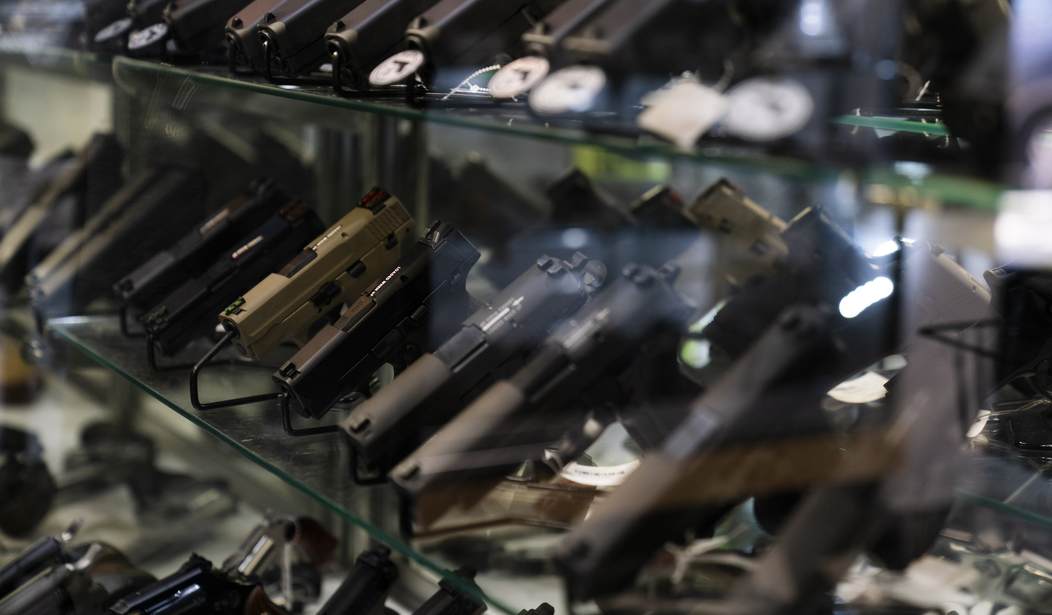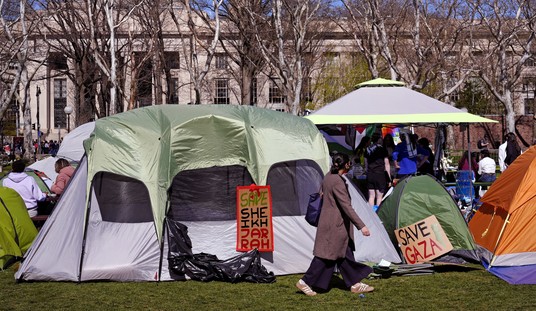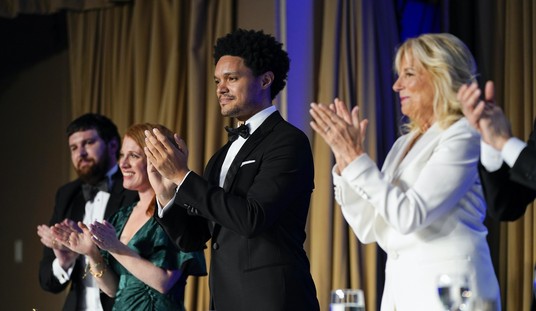Firearms Policy Coalition declared victory on Wednesday, in their lawsuit against the California Attorney General, Rob Bonta, the CA DOJ and, their Bureau of Firearms for delaying firearms transactions beyond the statutory 10-day period absent a legal premise for the delays.
BREAKING: FPC Wins Lawsuit Challenging California Firearms Purchase Delays https://t.co/oqe95efE23
— Firearms Policy Coalition (@gunpolicy) August 10, 2022
Due to a surge in the demand for firearms in 2020, California’s DOJ interpreted the law giving them 10 days to process background checks for firearms purchases, transfers, or loans to somehow provide them 30 days to do so. The DOJ website says,
The Department will notify the firearms dealer to delay the transfer of a firearm to a purchaser if the Department is unable to determine the purchaser’s eligibility within the 10-day waiting period. Many county courthouses are operating on shortened work weeks and with fewer staff, delaying the approval or denial of applications. If the record is an out-of-state or military record, you should anticipate a longer response time from our office to get the needed information. If 30 days has passed since the transaction date and the Department is still unable to determine the purchaser’s eligibility to own/possess firearms or whether the firearm involved in the sale/transfer is stolen, the Department will notify the dealer.
In order for the DOJ to delay a transfer beyond the 10-day waiting period, they must have discovered one of three specific criteria per California Law. Disclaimer: I’m not a lawyer and this is not legal advice. But, I am literate and I did you the favor of reading the law jargon here: CA Penal Code Section 28220 (f) (1) (A), and Section 27535. (a).
In short, the three criteria are:
- This person has been taken into custody and placed in a mental health treatment facility and the Dept may not be able to ascertain their eligibility.
- This person has been arrested or charged with a crime that, if convicted, would make the purchaser ineligible to own or possess firearms.
- The Dept cannot yet determine if this person made more than one application for firearms purchase/transfers in a 30-day period, or is qualified to do so under a series of exceptions such as being a law enforcement officer, licensed firearms dealer, or other applicable situations.
Since the DOJ was delaying the waiting period for firearms without any of these legal premises, they were sued by FPC in Campos v. Bonta. In the order, San Diego Superior Court Judge John S. Meyer wrote,
“A plain reading of the statute’s language shows that the Legislature added the three specific circumstances for which the Department may delay releasing firearms when background checks are not completed. Thus, contrary to respondents’ argument, these specified situations do not show the Legislature intended to provide the Department authority to delay release for any reason that background checks are not completed. Had the Legislature wished to create a broader allowance for a 30-day delay whenever the DOJ determined additional time is needed, it could have done so. It did not.”
As of July 22, 2022, the plaintiff’s petition for writ of mandamus was granted and the DOJ was ordered to stop enforcing its illegal delay policy.













Join the conversation as a VIP Member